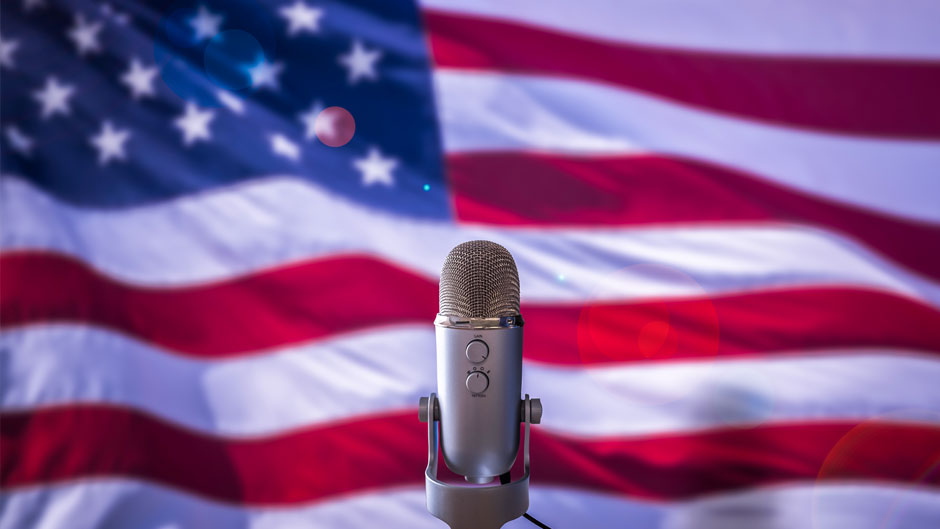Whatever credibility the United States may have had as a global leader is lost when key institutions become more explicitly partisan. Current U.S. plans to envelope the Voice of America (VOA) into a more right-wing broadcasting system raise concerns, recently described in articles published in The Washington Post and The Atlantic.
Now led by conservative and controversial filmmaker Michael Pack, the U.S. Agency for Global Media is changing guard within its entities, firing administrators in VOA, along with colleagues in the Office of Cuba Broadcasting, Radio Free Asia, Middle East Broadcasting Network, and other programs. Pack has also reconstituted the boards of these organizations, with the only external constituent being the adamantly anti-LGBTQ Liberty Counsel Action.
Although the VOA serves the interest of the U.S. government, historically it was initiated in 1942 to serve as a bipartisan source of information to audiences outside the country. The idealism guiding its mission privileged the potential for journalism to inform citizens to act in accordance with democratic principles. International broadcasting also hosted musical programs, considering popular culture as an avenue toward raising U.S. appeal. Currently this service produces digital, video, and audio content in almost 50 languages.
This international broadcasting system is funded by the U.S. government, not private sources, similar to several other government-funded broadcasting systems meant to target external audiences. I first began to learn about VOA more than 30 years ago when conducting undergraduate thesis work comparing the VOA with the BBC World Service and Radio Moscow. I found that the structure of each organization, from the more independently run BBC to the more closely politically aligned Radio Moscow, determined the degree to which independent critical inquiry would inform reported news, which then would impact perception of integrity and credibility.
Government-funded global broadcasts resonate with the political interests of incumbent administrations, in our contemporary circumstances more akin to Steve Bannon and Breitbart News than to Anderson Cooper and CNN. Global audiences recognize the right-wing perspectives promoted as these channels become more clearly identified as channels for Trumpian voices. Whether audiences trust news sources will depend more upon their pre-existing political beliefs and their sense of shared values, typically more aligned through local than national or global platforms.
VOA and other international broadcasts now compete with a larger set of voices, across national and regional sources and through varied private, community, and public funding streams. Given that now we have greater access to mediated sources, government-funded international channels play a much less important role as potential sources of information. Moreover, professed intentions to use these sources to change the hearts and minds of global audiences have found very little empirical support.
The U.S. Agency for Global Media is not only reshaping these broadcasting arms into narrowly and explicitly defined political channels, but also is wasting taxpayer money. A variety of privately funded media agencies, along with citizen- and community-led productions and local public broadcasting, serve as resources. Instead, we should be funding programs that help to diversify the perspectives of those with access to media production, such as through podcasts and film with community resonance and social impact.
VOA is not the only agency being integrated into a structure defining a more explicitly political agenda. The U.S. Agency for International Development may be moving away from its more independently positioned structure into the Department of State, shifting then its humanitarian mission toward a more pronounced partisan stance. If the U.S. cares about its integrity and credibility in the world, then it should advocate to sustain its capacity to contribute to humanitarian concerns and social justice on a global scale.
Karin Wilkins is dean of the University of Miami School of Communication and an expert on global communication and political engagement and the media’s influence on social change.

